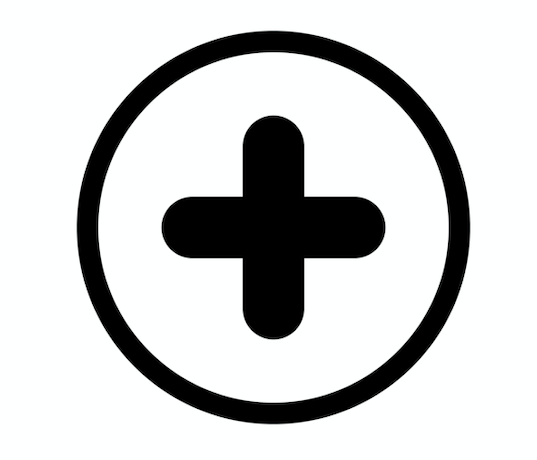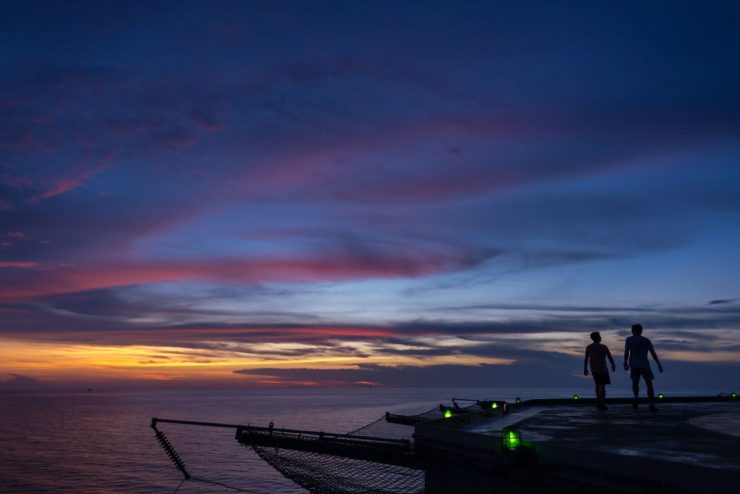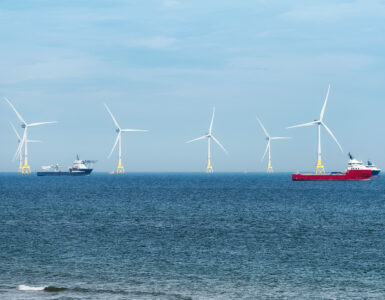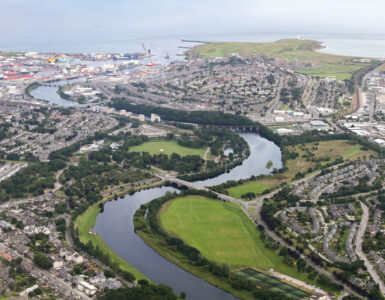The waters around the UK and the rest of the world provide much of the energy resources we use to power our transport, heat and electricity.
From wind turbines to oil and gas platforms, these machines and rigs need staff to make sure things are running smoothly just like any other workplace.
But unlike most workplaces, these jobs provide their own unique challenges.
TRAVEL
As you could have guessed, there need to be special travel arrangements to get to these platforms and turbines before work can even begin!
How would you like to travel to your future job by helicopter?!
Not only that, but you could be working on turbines or rigs anywhere in the world, from right here in the UK, to thousands of miles away in the Middle East or America.
FACE YOUR FEARS
If you manage to enjoy to the trip to the platform in the helicopter, then there are a handful of other potential fears waiting for you when you get there.
Some of these platforms are positioned up to 200m above the sea, and depending on where you are stationed in the world, those seas can get pretty rough! The UK’s own North Sea platforms off the coast of Scotland can be particularly choppy…
And talking of sea, it might be a good idea to learn to swim before heading off for a job offshore, as for health and safety reasons, you must be able to swim in the (very rare) situation that you end up in the water.
OFFSHORE JOB EXAMPLES
Roustabout
Driller
Chef
Medic
Safety Officer
Crane Operator
Subsea Engineer
Electrical Supervisor
Welder
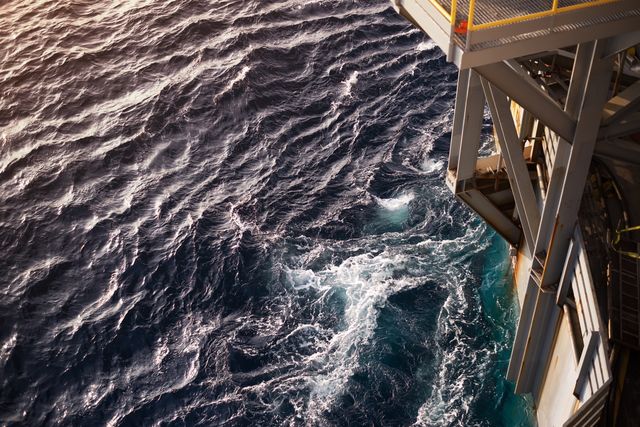
SHIFTS
If you think your school days are long, workers on platforms can be working for 12 hours straight, nearly twice as long as you’re in school!
But with the long days come long holidays. After working for up to two weeks on 12 hour days, offshore workers get around the same time off as they have been on the platform or longer.
LEISURE
Now you’ve heard about high heights, choppy waters and helicopter rides, we’ll look at what offshore workers have access to on platforms when they want to kick back and relax between shifts.
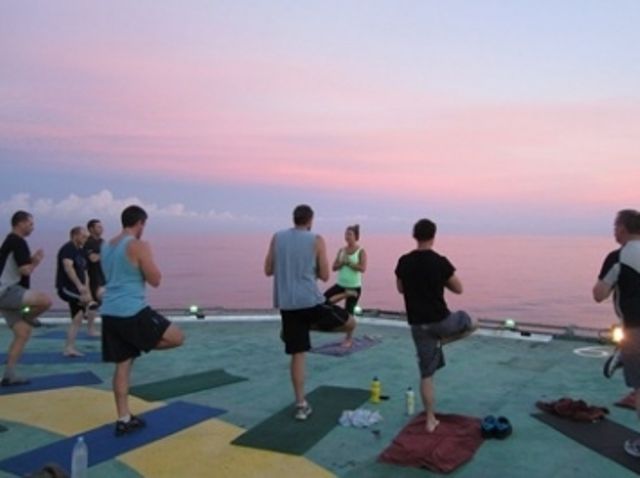
As you can imagine, there’s not a lot of places to go when you’re on the platform, as you’re surrounded by water on all sides! So the entertainment has to come to you.
You can find gyms, cinemas, games rooms and maybe even a sauna. All meals are provided and some of the fancier platforms have TVs in your private room.
And don’t panic, there is access to the internet! So you can Skype or email your friends and family when you’re away. Oh, one drawback is you can’t use your mobile phone, both for safety reasons and because the mobile signal is very poor way out in the ocean!
HEALTH & SAFETY
If all of this sounds right up your street for a future career, there are some essential training courses that you need to complete before you step foot on an offshore wind turbine or oil or gas rig.
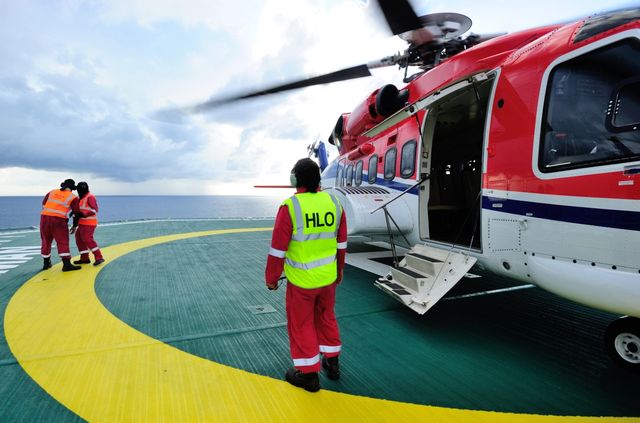
This is because safety regulations are extremely important in these kinds of environments to ensure nothing goes wrong and no one gets hurt.
From wearing life-jackets at all times when travelling to the platform, as well as watching a safety video before every flight (no matter how long you’ve been there!) to holding onto railings wherever possible.
The noise on board these platforms can be deafening, so ear protection needs to be worn, particularly when you are outside, although the noise inside from engines and things can also be quite loud.
IS OFFSHORE FOR YOU?
If working offshore seems like your dream job, you’ll first need to wait till you’re 18 to work on the platform due to regulations.
You can look into apprenticeships and other training or courses to get the required qualifications offshore workers need, and of course STEM subjects are extremely valuable in any energy related field.
Watch the videos below to see more of what offshore life is like from the people already there…
Credit: My Oil and Gas Career
Credit: Broadcast Media Services (BMS)
